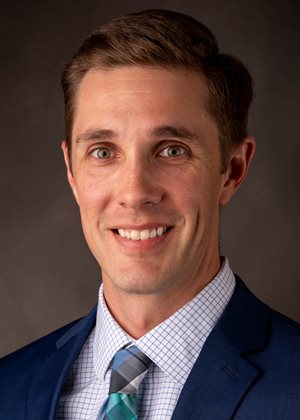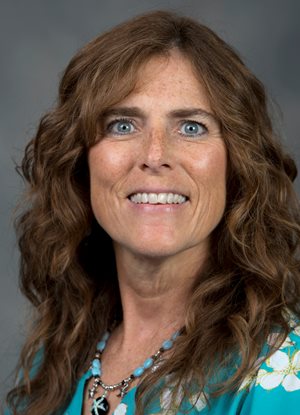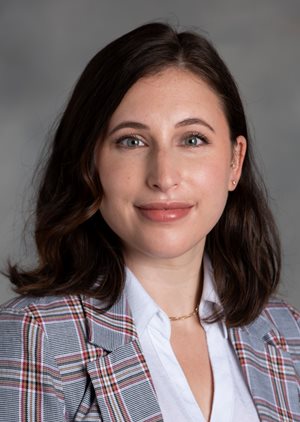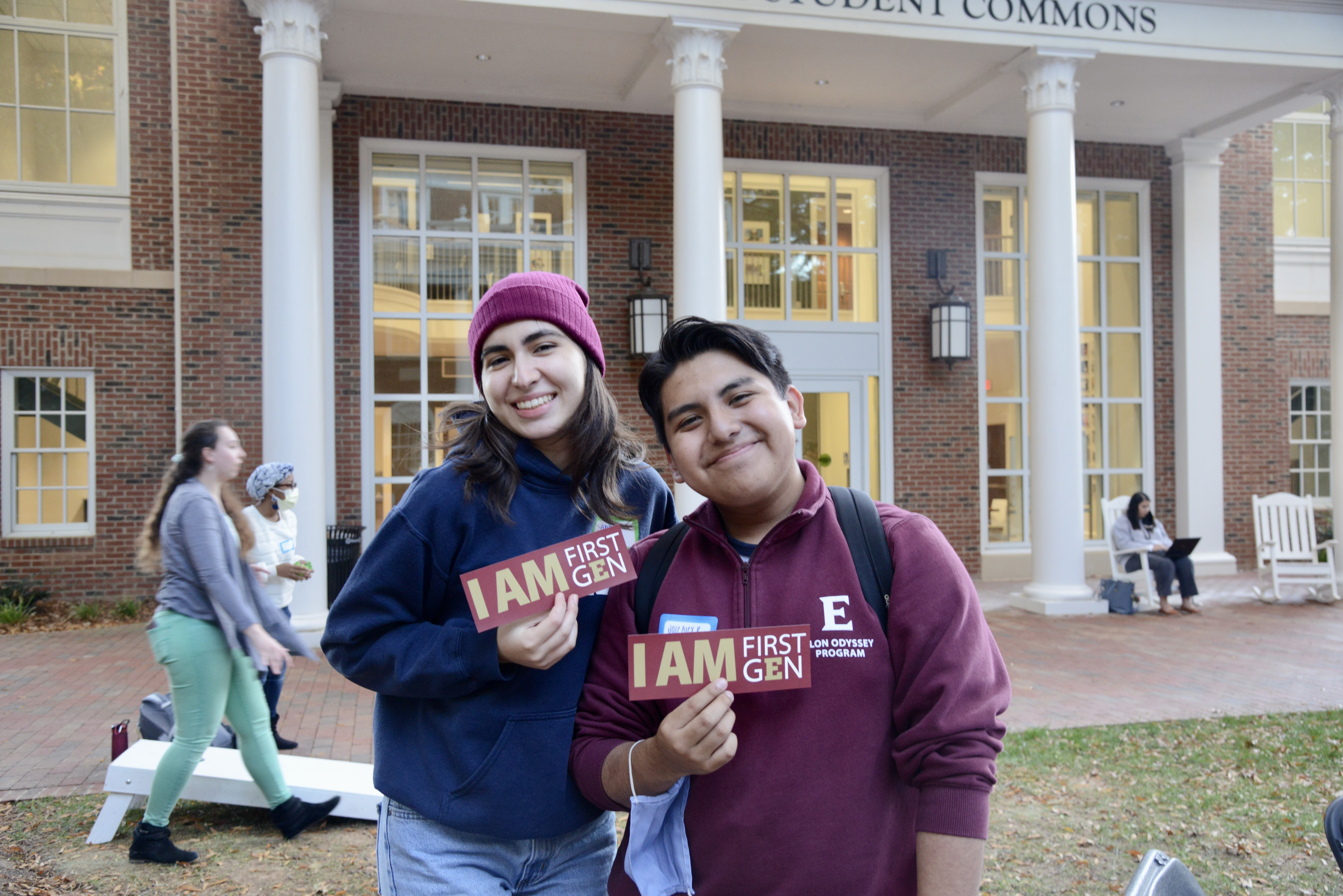Faculty members Brandon Sheridan, Lee Bush and Ilyssa Salomon share their experiences as first-generation college graduates and how to they serve as mentors for current first-generation students finding their way.
Being a first-generation college student comes with a select set of unique hurdles and challenges. Overcoming those setbacks takes time and patience, and trial and error. But most importantly, it takes the support of the institution and a strong set of mentors to guide a student when needed.
As Elon University recognizes the National First Generation College Celebration by uplifting its first-generation students all week long, three first-generation college graduate faculty members share their own undergraduate experiences and what it means to them to help the next generation navigate the perplexing nature of being a college student.
Brandon Sheridan, associate professor of economics

I was so first-gen that I didn’t know I was first-gen. When I was in undergrad, we didn’t have any programming or resources around first-gen students so I didn’t even realize that’s what I was until long after graduation.
Looking back, I can see lots of little experiences that reflected my first-gen status. Almost all of those experiences are related to not knowing what you don’t know. It’s a hard concept to grasp but I think college professors, and peers, would like to help you if you are struggling in some way but you have to ask for help. As a first-gen student, it can be difficult to even know that you need to ask for help. Once you know you need help, you then have to figure out what and who to ask. That can be intimidating.
As a professor, I do my best to remember those experiences so that I can preempt any questions from students. They may come to office hours or we are talking in class and I’ll recognize some need they may have, so I’ll call it out. For example, I often see talented students thinking about post-grad life who clearly want to study further in their subjects – economics usually since that is what I teach. They often have no idea what the graduate school process is like or how to apply or how to figure out what type of program they may want to pursue. I like to think it worked out fine for me, but I also realize how clueless I was and how it would have been nice to have someone see what I couldn’t see at the time. I try to be that person for students.
Lee Bush, professor of strategic communications

To me, being first-gen means recognizing your potential and building your confidence that, yes, you can do this. You’re not an imposter.
I remember very clearly the first time I realized that. I was in an introductory philosophy class and the professor had asked us to write a paper on one seemingly confusing philosophical question. I struggled with it and thought, “What am I doing here? I don’t understand this at all.” But when we turned in the paper, I got an A, and the professor chose my paper to read in front of the class. That’s when I realized, “OK, I’m not so dumb after all.” That is what I hope to instill in my students – the confidence to recognize your abilities. You’re smart and resourceful and have the potential to excel. You belong here!
Ilyssa Salomon, assistant professor of psychology

Being a first-gen graduate represented a want to foster a shift in thinking earlier than I was able to get it. Not necessarily having the guidance early on in my college experience, I know that if I have children their experience would be much different because of the experiences I’ve had. And being in a position to mentor students as a faculty member, or even as an academic advisor or a research mentor, I bring that energy to all of my interactions with students.
I will foster conversations about research and what psychologists do early on so that they understand. That comes from my own experience of not even knowing that professors did research until the end of my junior year in college and that there was this whole other side to academia.
So, it’s about having the shift happen earlier on if students have not had the exposure before they get here. It’s also an issue of equity where I would like to make sure that students who have first-gen status are aware of the types of experiences that will set them apart and help them in their future.



